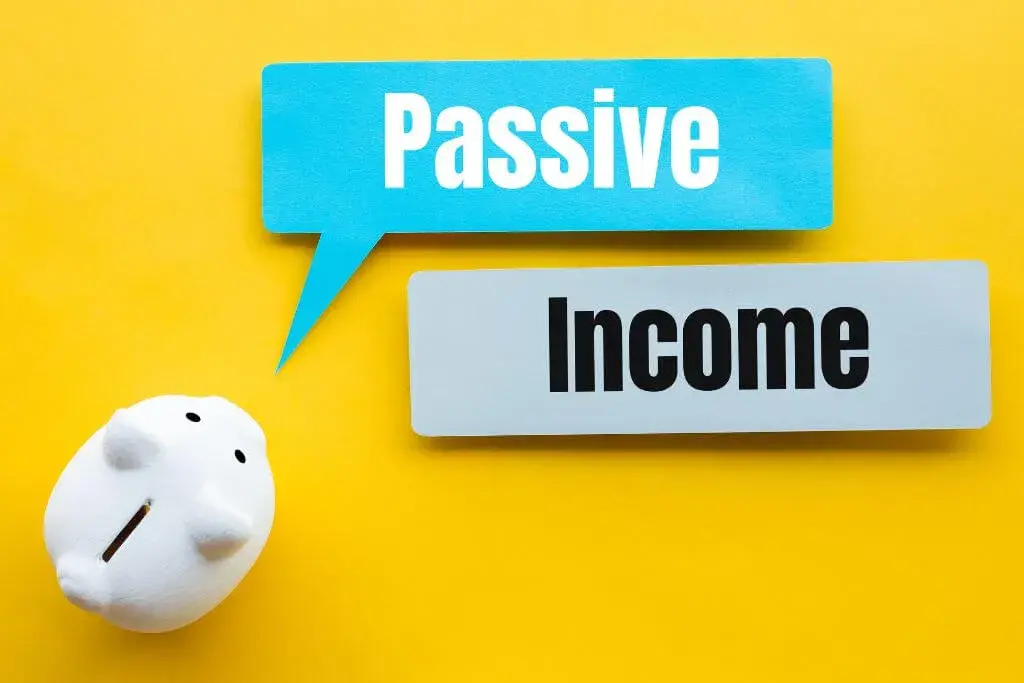Take a look at the challenges faced by women, and some points about female financial empowerment
Adverts
Financial empowerment is a crucial aspect of gender equality, and the empowerment of women in the financial sphere is receiving well-deserved attention.
When women have control over their finances, they reinvest in their families' education, health and well-being, creating a virtuous cycle that benefits society as a whole.
As societies progress, it becomes increasingly clear that empowering women financially is not just a matter of economic justice, but a catalyst for overall societal advancement.
This article explores the multiple dimensions of financial empowerment for women, exploring key challenges, opportunities and strategies for fostering economic independence.
Quick Index:
The challenges faced by women
Women's financial empowerment has been widely discussed over the last few decades, but the reality is that there is still a long way to go.
Historically, women have faced a series of barriers that limit their economic participation, prevent equity in the workplace and restrict their opportunities to accumulate wealth.
The gender pay gap, limited access to education and structural prejudice are just some of the obstacles that continue to exist, even in an increasingly modern and inclusive world.
Addressing these challenges is not only a question of social justice, but also of global economic development. After all, the inclusion of women in the economy can generate positive and lasting impacts, contributing to more balanced and prosperous societies.
Pay gap
One of the most obvious and persistent challenges is the pay gap between men and women. In many sectors, even when they perform similar functions and have equivalent qualifications, women are still paid less than their male colleagues.
According to a report by the International Labour Organisation (ILO), women earn on average 20% less than men worldwide. This disparity becomes even more pronounced in senior management positions, where the pay gap exceeds 30% in some countries.
The gender pay gap is not just a question of direct discrimination, but also of structural factors that perpetuate inequality.
For example, women are more likely to work in low-paid sectors such as social services, education and health, while men predominate in areas such as technology and engineering, which tend to offer higher salaries.
In addition, career breaks, often related to motherhood or caring for family members, have a negative impact on women's career trajectories and salaries.
To tackle this problem, it is crucial that companies implement pay transparency policies, review their hiring and promotion practices and guarantee equal professional development opportunities for all.
Governments also play a key role by creating and enforcing laws that promote equal pay and eliminate discriminatory practices in the workplace.
Access to Education and Employment
Although there have been significant advances in access to education for girls and women, there are still substantial disparities in many parts of the world.
In some regions, girls are less likely to go to school than boys, and the difference becomes more pronounced at higher levels of education.
According to UNESCO data, around 132 million girls around the world are out of school, with the majority living in areas affected by extreme poverty and conflict.
Limited access to education has a cascading effect on women's economic lives. Without adequate training, job opportunities are scarcer and salaries, consequently, lower.
In addition, women who do manage to enter the labour market often face discrimination in hiring and are under-represented in leadership positions. This results in less diverse workplaces and the perpetuation of gender stereotypes.
To combat this reality, it is necessary to invest in educational initiatives that guarantee equal access to quality education for girls and women, from childhood to adulthood.
Programmes that promote the entry of women into STEM fields (science, technology, engineering and mathematics) are also essential to balance gender representation in traditionally male-dominated professions that offer more competitive pay.
Financial Literacy Programmes
Financial literacy is a crucial component of women's economic empowerment.
However, many women still have limited access to basic financial information, which hinders their ability to manage money, plan for the future and make sound financial decisions.
This problem is exacerbated by the fact that, historically, finance has been seen as a "male domain", which has led to less involvement by women in the financial markets and investment decisions.
Financial education programmes that specifically address women's needs are a powerful tool for overcoming this obstacle.
These programmes should cover topics such as household budgeting, saving, investing, responsible use of credit and planning for retirement.
Personalising the content is important, as women generally have different financial priorities, such as balancing career and family, managing career interruptions and planning for the long term based on longer life expectations.
In addition, mentoring initiatives and ongoing support can provide a valuable support network, encouraging women's active participation in their finances and ensuring that they have the tools they need to make informed and secure financial decisions.
Entrepreneurship and Small Business Support
Entrepreneurship is a promising avenue for women's financial empowerment, offering the opportunity to build wealth, gain economic independence and generate social impact.
According to a World Bank report, women-led businesses play a significant role in economic development, creating jobs and promoting innovation.
However, female entrepreneurs face unique obstacles, such as limited access to finance, smaller support networks and gender bias in the business world.
Many women find it difficult to obtain capital to start or expand their businesses, and the higher interest rates applied to them reflect a perception of greater risk, regardless of their qualifications and business plans.
To overcome these barriers, it is necessary to promote access to micro-credits, specific financing programmes and investment networks aimed at women.
In addition, training initiatives and mentoring programmes that connect women entrepreneurs with experienced business leaders are essential to help them develop management skills and expand their networks.
Investment Education
Investing is one of the main strategies for accumulating long-term wealth, but many women are still under-represented in the investment markets.
Research shows that, in general, women tend to be more risk-averse than men, which can lead to lower participation in higher-yielding investments such as shares and index funds.
However, when given the right guidance and support, women prove to be just as competent investors as their male counterparts, with equivalent or higher rates of return in many cases.
To increase women's participation in the investment markets, it is necessary to provide financial education that demystifies the complexities of the market and addresses the specific concerns that women may have, such as managing periods of no income or planning for a longer retirement.
Initiatives such as workshops, seminars and online platforms aimed at women can play an important role in empowering this audience to make more informed investment decisions and build diversified and resilient portfolios.
Financial empowerment: opportunities
While challenges persist, numerous opportunities exist to empower women financially and reduce the gender wealth gap.
Embracing Fintech Solutions: The emergence of financial technology presents a unique opportunity for women to access banking and investment services conveniently. Fintech solutions, including mobile banking and investment apps, can empower women by providing them with user-friendly tools to manage their finances.
Workplace Initiatives: Employers play a crucial role in fostering financial empowerment. Companies can implement policies that support work-life balance, offer parental leave and provide financial wellness programmes. These initiatives contribute to a supportive environment where women can thrive both personally and professionally.
Mentoring and networking: Establishing mentoring programmes and networks specifically designed for women can be transformative. Experienced mentors can offer guidance, share insights and provide a support system that facilitates career advancement and financial empowerment.
Read more: Investment strategies for women
Conclusion
Empowering women financially is not just a moral imperative, but a strategic investment in the overall progress of societies.
By tackling challenges such as the gender pay gap, improving access to education and employment, and implementing targeted initiatives such as financial literacy and mentoring programmes, we can pave the way for a future where women have equal opportunities to build wealth and financial independence.
As we work collectively to break down barriers and create a more inclusive financial landscape, women's empowerment will undoubtedly lead to a more prosperous and equitable world.
You may be interested:















